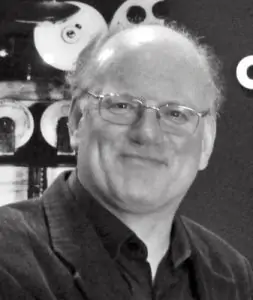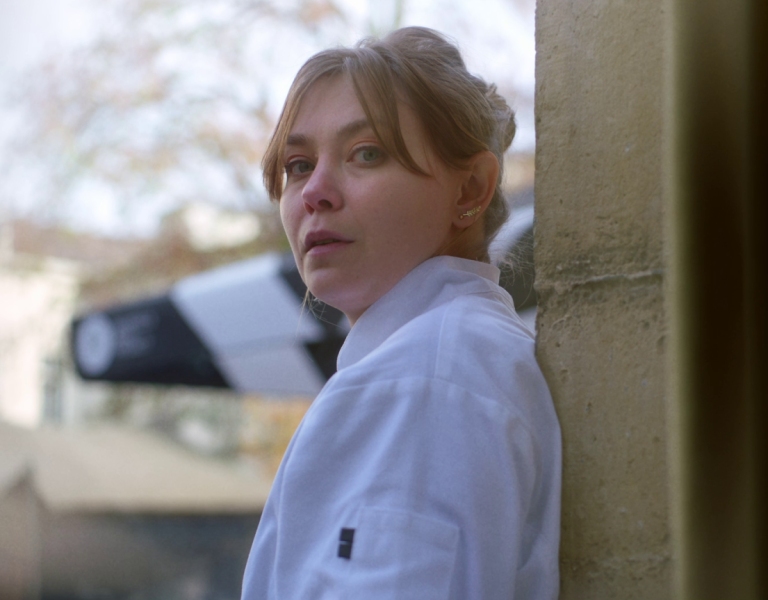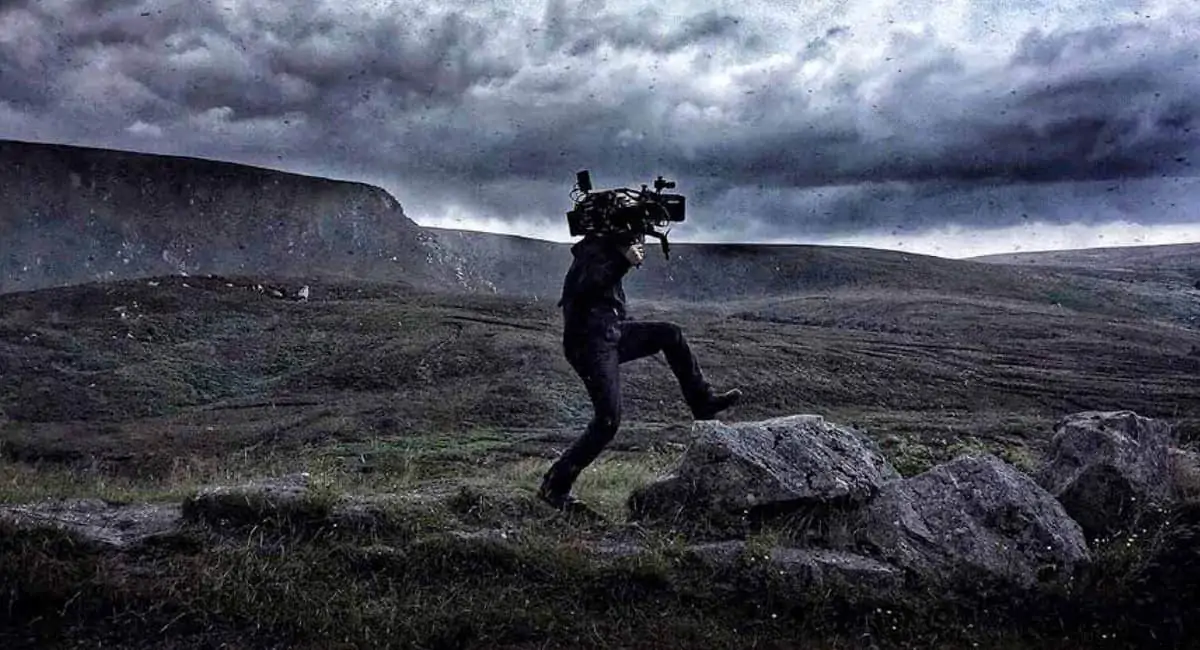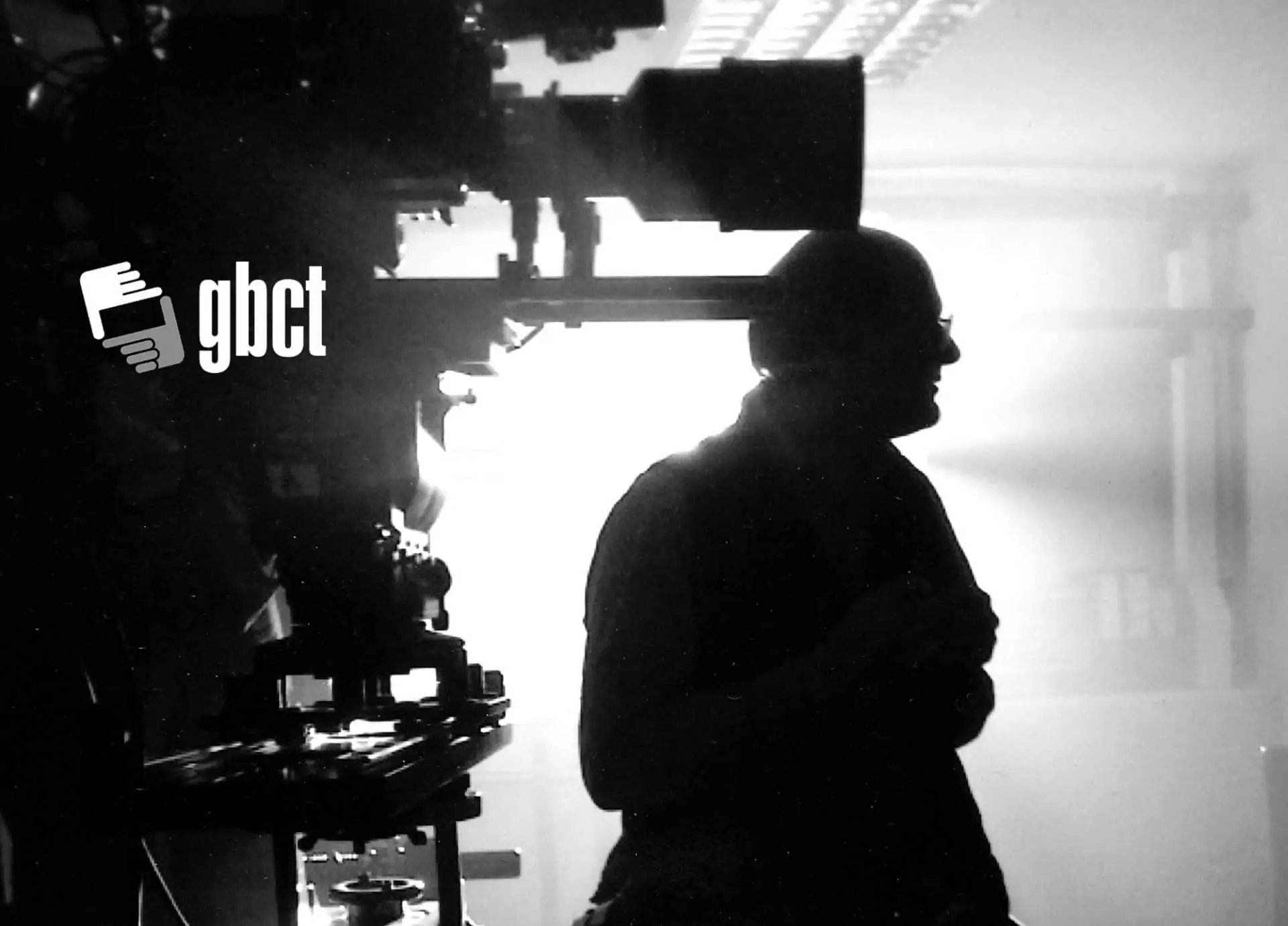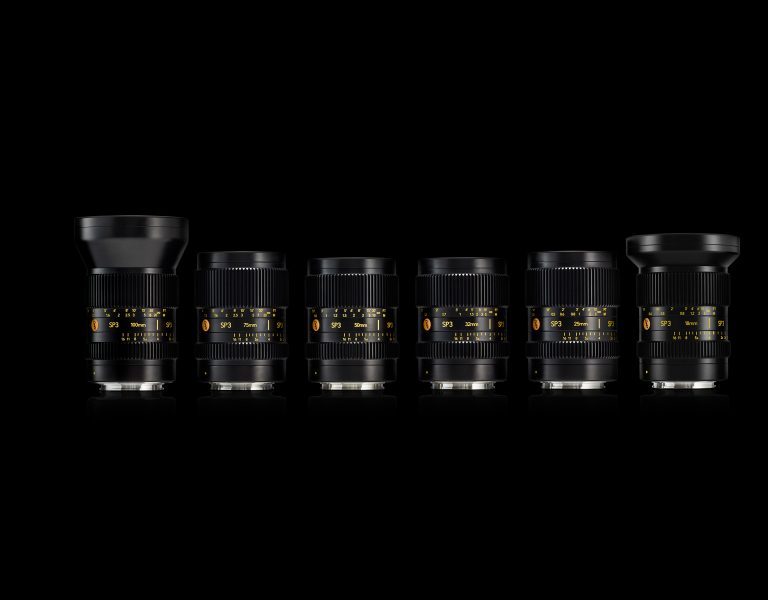Tim Potter GBCT “Be mindful of mental health”
Jun 10, 2021

BE MINDFUL OF MENTAL HEALTH
Are you mad? Are you just as mad as you were before? Or are you just mad as hell? We have all become more aware of the toll that the last year has taken on our mental disposition. We all remember that the best way to get a shot of a group of mad men and women is to turn the camera on the knackered crew. The freelance life has always had its maddening qualities, but now, more than ever, we should turn our minds to our mental health.
The various lockdowns and self-distancing have had an often-subtle effect on our health. Few of us have experienced such extended periods without work. Some have been lucky enough to fall within the narrow parameters of the various schemes to financially support workers during this time of want, but many have not and are thrown onto what meager resources they have put aside for what has turned out to be a torrential year rather than a rainy day. Periods between jobs are the norm in our life and we all have different coping mechanisms, but few of these mechanisms are up to the task of such a prolonged drought. I was once told that with my last £300 I should buy three influential colleagues lunch. A great idea when restaurants are open! Some of us get temporary jobs in other walks of life, and end up managing the stores we once stacked shelves in. Some of us let rip with our literary talents and end up as successful authors. However, for most of us the distraction is only temporary, and the angst will still build up the longer things continue.
The resulting problems can manifest themselves in many ways. Depression is not always visible. Rarely is wailing and gnashing of teeth the symptom of note. Depression can sometimes show itself in simple changes in behavior, like sleeping longer than is normal or its opposite. In fact, the symptoms are many and varied; both physical and psychological. Feeling hopeless; feeling guilt ridden; moving or speaking more slowly than usual; changes in appetite or weight (usually decreased, but sometimes increased); constipation; unexplained aches and pains; and lack of energy. It’s a merry soup of different and seemingly unconnected signals. Just put, “Symptoms – Clinical depression – NHS (www.nhs.uk)” into your search engine to get the full panoply.
If you do detect some of the signs of depression then the first stop is your local doctor, but there are other sources of help if things are not so drastic. The key is to talk to someone. There are many organisations and charities that are there to help with advice and more.
While getting back to normal working patterns may put you back to rights, it will not work for all of us. If the symptoms are bad now or they persist, waiting for life to return to what you were familiar with is no answer. I doubt we will every return to that before world. If you do detect some of the signs of depression then the first stop is your local doctor, but there are other sources of help if things are not so drastic. The key is to talk to someone. There are many organisations and charities that are there to help with advice and more. Our own industry has its dedicated organisation, The Film & Television Charity (FTC), which has a helpline (0800 054 0000) and schemes that can support workers in many forms of distress.
When things do start to approach normal, and we are again allowed to meet other people, then that very social interaction can be the key to better mental health. When we meet others, we do not dwell on ourselves. Meeting friends and colleagues is a medicine in itself. This can be helped by any number of organisations like clubs and pubs. Our industry has its own organisation that helps long-term workers (over 30 years) to meeting and socialise with like-minded souls, the British Film & Television Veterans (BCTV). Where the FTC has a role in dealing with the more serious cases of distress, the BCTV is in its own subtle way ministering to the softer level of mental wellbeing.
The answer is, as soon as you can, get out there and talk to one another!
BY: Tim Potter, CHAIR, GBCT
